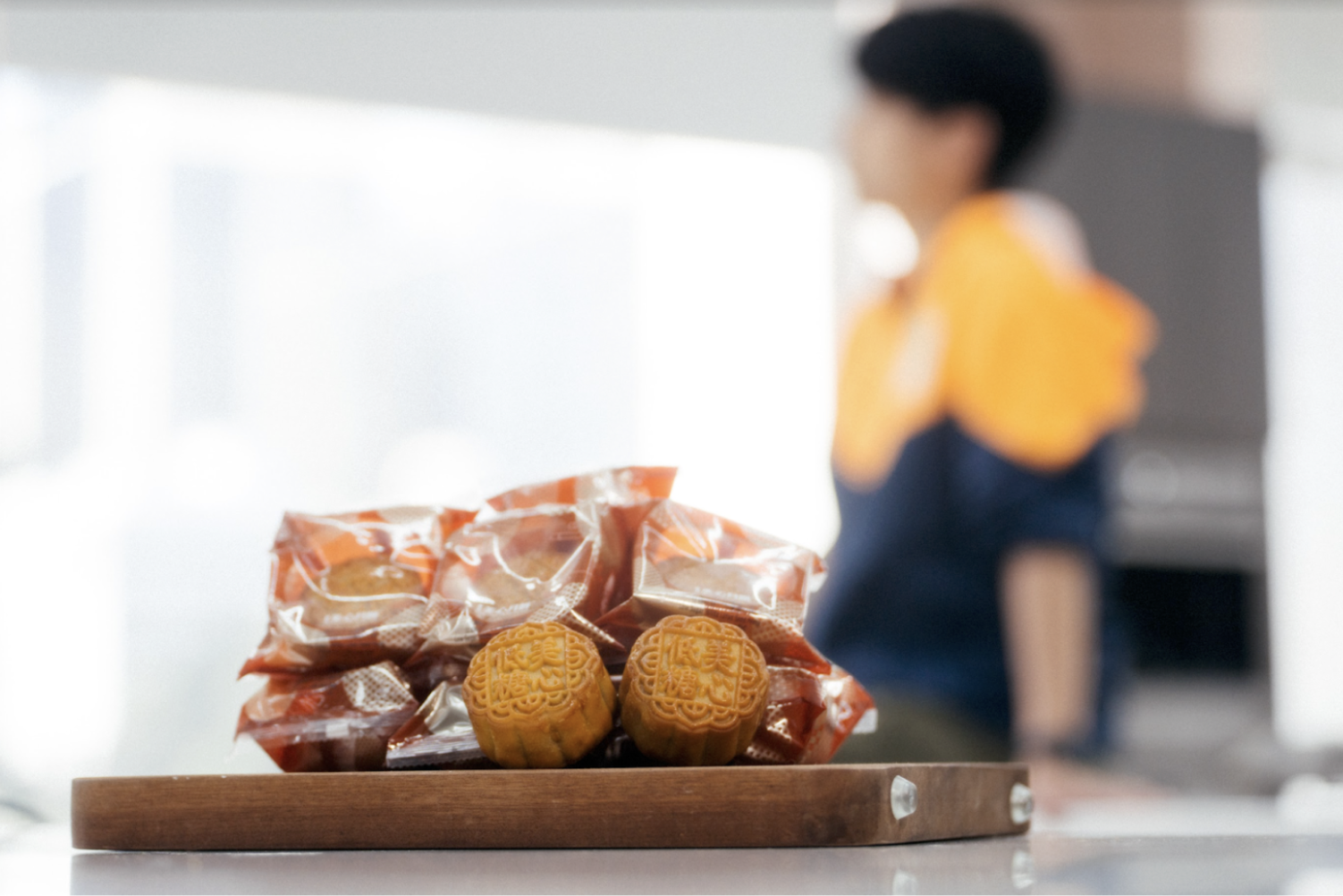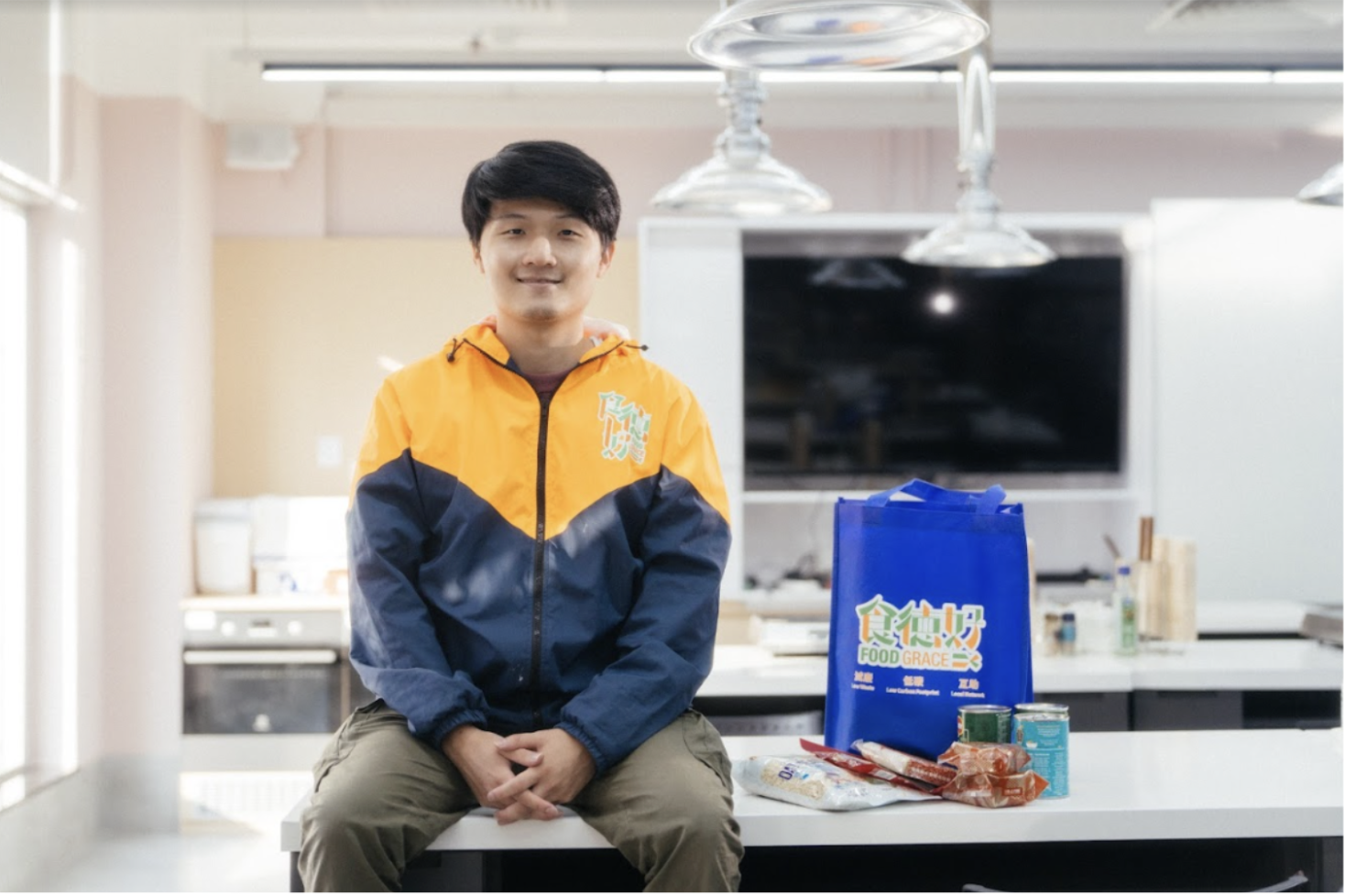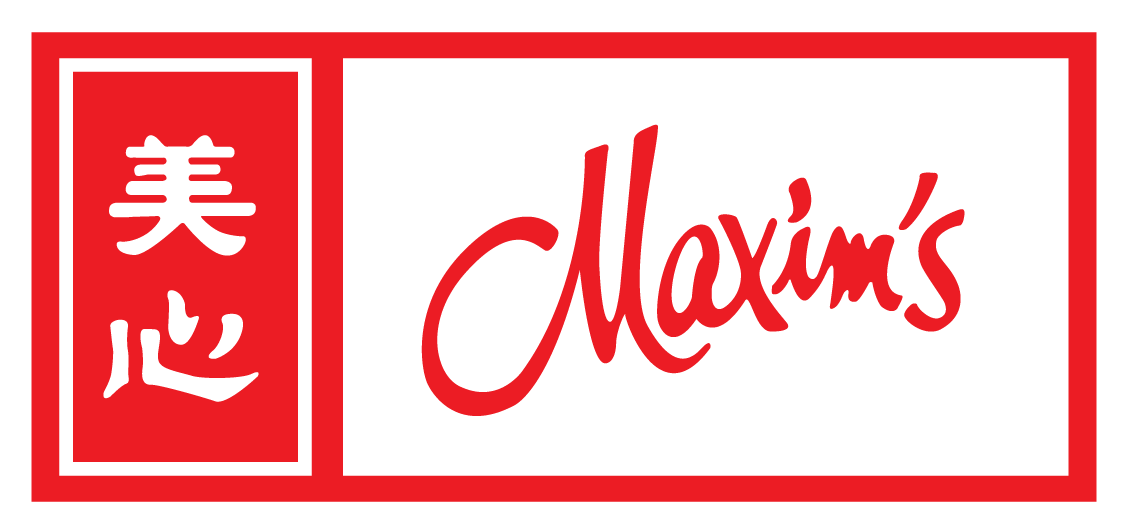Reclaiming unwanted perishables in wet markets and mooncakes at the Mid-Autumn Festival are among the steps we are taking to fulfill our waste reduction, lowering our carbon footprint and mutual support commitments.

Founded in 2009, Food Grace is now providing extensive services through established partnerships with food manufacturers and distributors. Their long-term collaboration with Maxim’s Group can be traced back to their very first ‘bread rescue’ operation. William Wong, Senior Project Officer (Recycle and Community Education) at Food Grace, shares, “Freshly baked bread is perishable with a relatively short shelf life, making it one of the major sources of food waste in Hong Kong. Our ‘bread rescue’ operation started with seven Maxim’s Cakes stores and now includes dozens of Arome Bakery branches. Every night, volunteers collect surplus bread from the stores and all the frontline teams are very supportive of the cause, helping with all kinds of coordination. At the moment, we collect nearly a ton of bread each month. It would be a great pity if it all ended up in the landfill.”
Food Grace’s collaboration with Maxim’s Group also extends to the collection of mooncakes during the festive season. By analyzing years of sales statistics, Maxim’s Group can predict the quantity of surplus mooncakes prior to the Mid-Autumn festival. They are then distributed in batches to Food Grace, and are donated to the underprivileged community so that everyone can enjoy an authentic taste of the festival.
“This year, we are launching a Winter Solstice Lucky Bag. To many seniors, winter solstice is more important than the Chinese New Year. We hope that 1,000 Lucky Bags with food donated by Maxim’s, together with anti-epidemic and elderly supplies from other organizations, will bring a joyous winter solstice to those in need.”

Reclaiming perishables is another key initiative of Food Grace, and volunteers are often surprised by the remarkable freshness and quality of the fruits and vegetables they collect at wet markets. “Sometimes it’s just a tomato without a stem or a melon with a small bruise. Usually, they would end up in the trash, as consumers mostly regard ‘imperfect’ products as undesirable. We’ve seen wet market staff start sorting through produce at 2 a.m. and eliminating the ‘undesirables’ by 5 a.m. to get the display ready. Food is being tossed out at all times of the day.” Wong observes.
It is this food “beauty pageant” partly contributes to the 3,600 tons of food waste that ends up in landfills every day. Food Grace aspires to play a behind the scenes role, in supporting the recycling of surplus food and donating them to those in need. “During the 2008 financial crisis, rising food prices made food purchases difficult for many people. This is why we began collecting unwanted vegetables in Taipo wet markets and ensured the morning’s perishables would reach their recipients the same afternoon, long before anything could go bad.” recalls Wong. “Hawkers were hesitant to donate at first as they didn’t know about Food Grace and were worried about the whereabouts of their vegetables. However, we soon built trust and established a smooth operation.”
To summarize his four years’ tenure at Food Grace, Wong comments, “The total amount of food reclaimed by Food Grace in over a decade is still smaller than the food waste Hong Kong generates in a single day. In the future, we will invest more resources in education, hoping that we can reduce waste at the source.”

